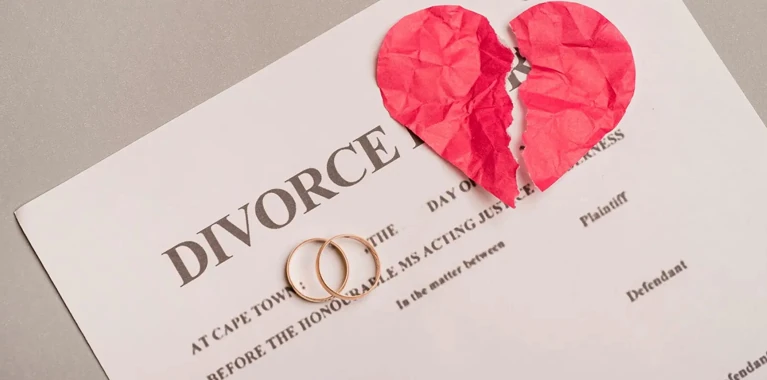
Do you know that now many insurers allow policyholders to revive their insurance policy? This sudden change encouraged more people to continue their risk coverage. The policyholders are given a 2-year grace period after missing a premium payment for renewing their policy. So, reviving that lapsed policy is now possible.
What Is Policy Lapsation?
Whenever you take up a policy, you have to pay a fixed premium on time to keep your policy active. If you somehow miss that payment, your policy lapses. This is called policy lapsation. For term plans, you generally lose paid premiums and insurance coverage.
With ULIPs or unit-linked insurance plans, if you miss the payment in the first 5 years during the lock-in period, your policy also lapses. Then, after the lock-in period, you get your policy back after you surrender the policy. In this case, you can revive it too. But, it is important not to miss your premiums.
Importance of the Grace Period
The grace period plays a crucial role in any insurance policy. It works like a window for the insured individuals to continue their policies. Every insurance company knows that it is not always possible for insured individuals to pay the premium at the right time.
This is where the grace period comes. If you somehow miss the premium, you will still get the benefits. Without it, missing a single premium will lead to the termination of the policy. So, having the grace period means getting peace of mind that your policy will remain intact.
Why Revive Your Old Policy rather than Buying a New One?
Having life insurance coverage is important because it gives you financial protection. An individual with liabilities and financial independence must remain covered under the policy. Now, even if you have a lapsed policy, you can revive it without any hassle. But, what benefits do you get? Let’s know!
- Reviving your old policies helps you gain all the features and benefits of your original policy. The features include premium rates, coverage amount, cash value, etc.
- It is a cost-effective option as well because you do not have to buy a new one. There is no need to go through the entire process again to get the policy. Also, you can avoid extra underwriting costs and higher premiums related to any new policy.
- When you revive your old policy, this will ensure uninterrupted coverage for you along with your beneficiaries. It is helpful especially when you have any health problems since buying the original policy. But, if you decide to buy a new policy, it will be an expensive and more hectic process.
- You can revive your old policy in a few steps and with less paperwork compared to buying a new policy. The reviving process will be much smoother and less time-consuming.
Conclusion
As an insurance advisor, you can guide your clients to revive their old policy because of the benefits it offers. With it, they can still protect themselves and their family without paying extra money. So, take time to understand it and help them make a decision.








